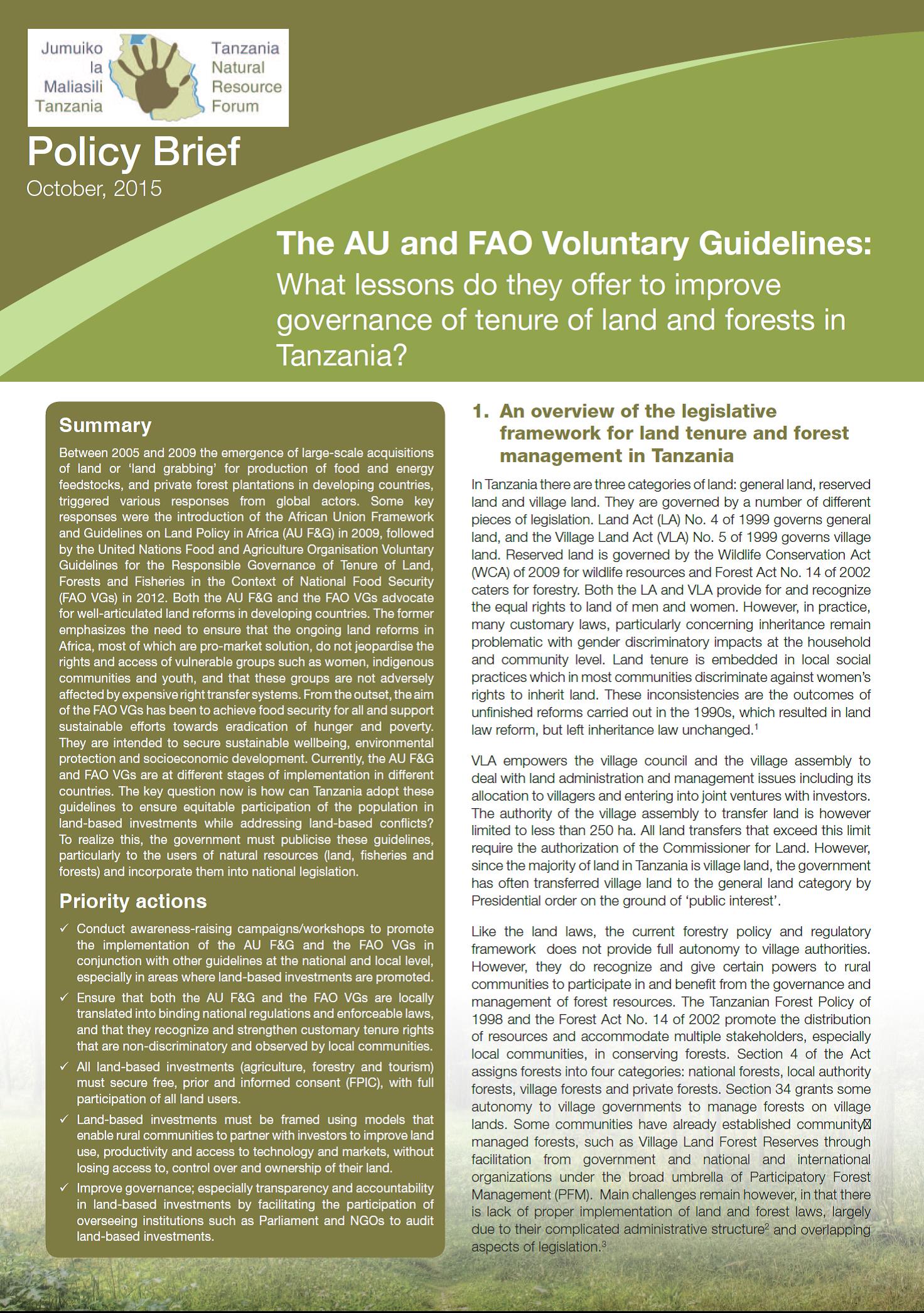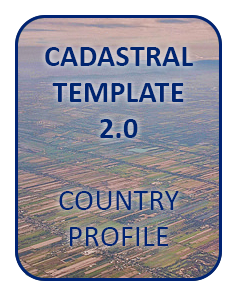Formalizing Rural Land Rights in West Africa
This paper presents early evidence from
the first large-scale randomized-controlled trial of a land
formalization program. The study examines the links between
land demarcation and investment in rural Benin in light of a
model of agricultural production under insecure tenure. The
demarcation process involved communities in the mapping and
attribution of land rights; cornerstones marked parcel
boundaries and offered lasting landmarks. Consistent with









